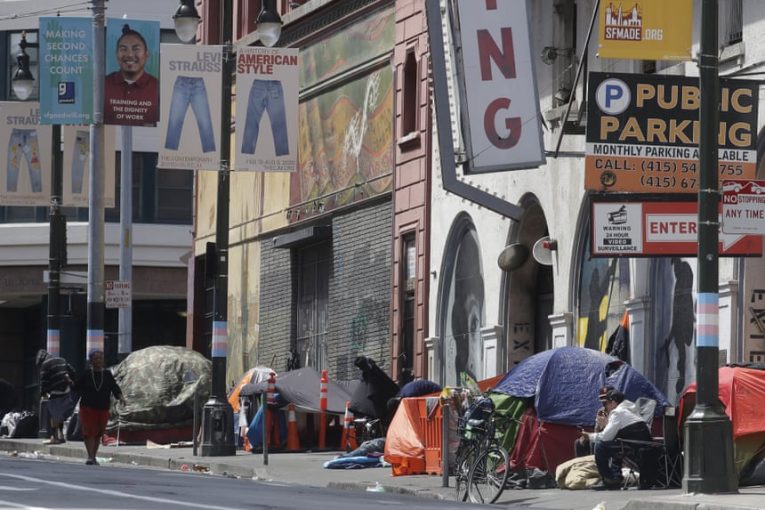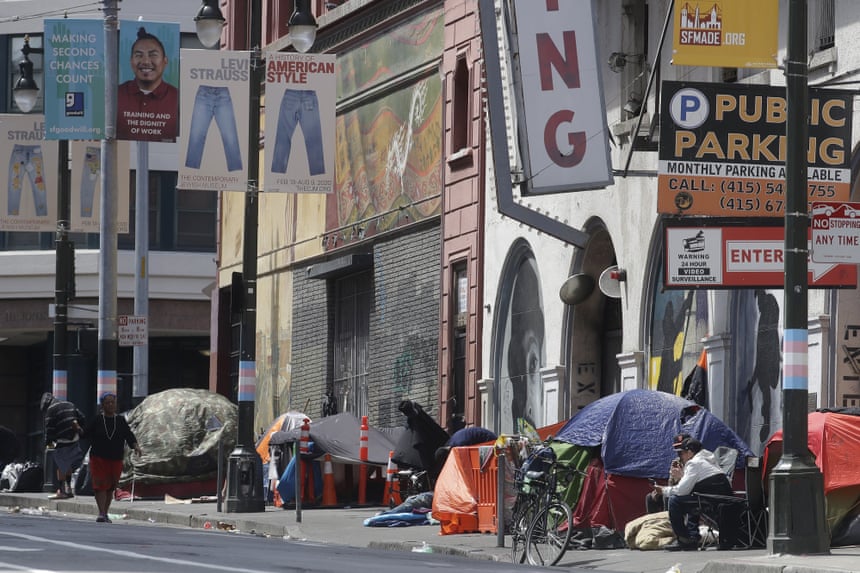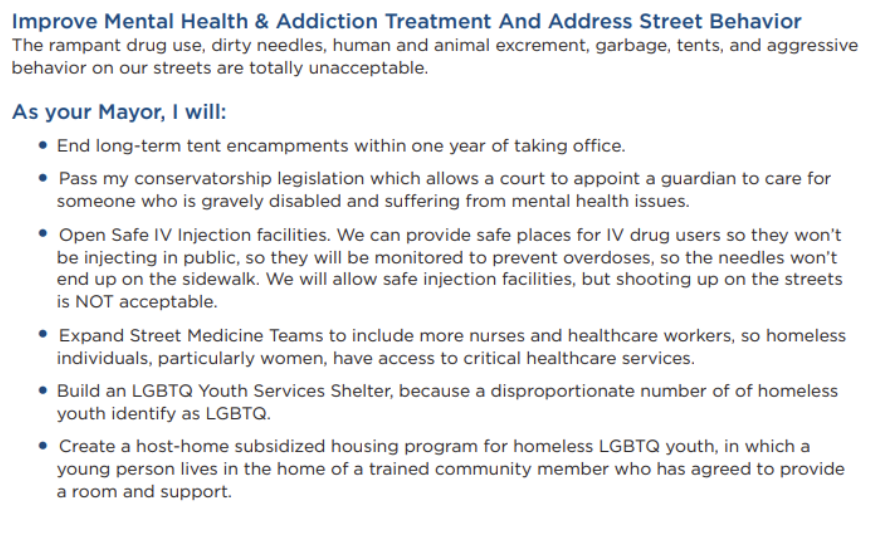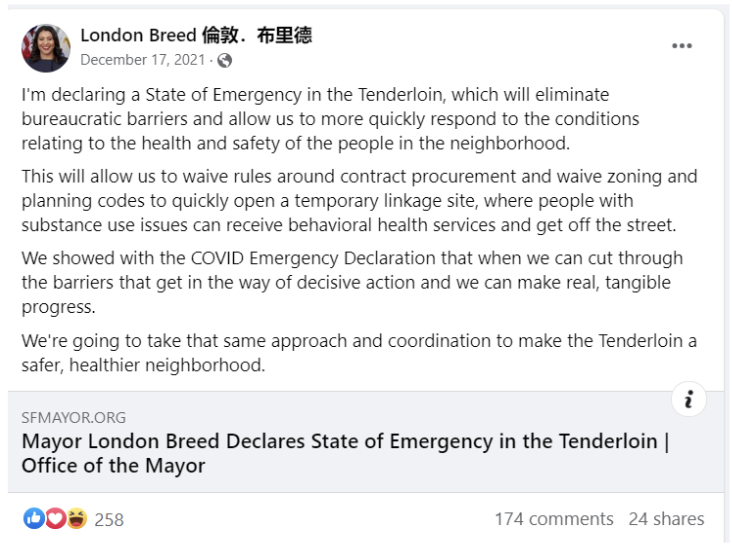

Expert: “The only consequence is creating more crime.”
Special to the Vanguard
San Francisco, CA – On Thursday, following Mayor London Breed’s announcement that San Francisco would require individuals with substance use disorder who want to access county-funded cash assistance to be drug tested, Daniel Lurie issued the following the statement:
“You cannot compel people into treatment and services that don’t exist,” said non-profit Executive and Tipping Point Founder Daniel Lurie. “This is the kind of proposal you get when you are more concerned with grabbing headlines than with getting results. After five years as Mayor and five years on the Board of Supervisors, she has failed to develop sufficient treatment and services infrastructure, just like she has failed to erect enough shelter beds. This is not a serious solution, it’s not compassionate, and it’s certainly not how you achieve accountability—it’s how you increase crime and put more desperate people on our streets. This is exactly why we need a new era of leadership and accountability from outside of City Hall.”
According to the CEO of HealthRight 360, a non-profit which provides addiction services, there are almost no slots available for drug treatment. San Francisco Behavioral Health Director Hillary Kunins also recently disclosed in a letter that fewer than half the people who sought help from the city’s biggest drug detox center this past spring were admitted for treatment. What’s more, experts have shared that the mayor’s proposal would likely increase crime, a reality backed up by several studies.
Breed’s plan joins a parade of ambitious yet ultimately unfulfilled promises regarding treatment, pledging on countless occasions to address issues of harm reduction and public health through a variety of initiatives—including declaring a state of emergency in the Tenderloin and opening drug sobering and treatment centers. For example, a mailer from Breed’s 2018 campaign for mayor outlines her ambitions for addressing the city’s addiction treatment including opening Safe IV injection Facilities.

ANOTHER FAILED PROMISE.
In a 2018 campaign ad, Breed further outlined a plan for additional housing and improved mental health services, claiming: “My plan to help the homeless? Thousands of new homes, more modular housing, improve mental health and addiction services.” (Youtube, London Breed for Mayor: A Home and a Hand Up,” March 19, 2018).
ANOTHER FAILED PROMISE.
In December 2021, Breed posted on Facebook, claiming that her declaration of a state of emergency in the Tenderloin would allow the government to quickly and efficiently respond to the health and safety conditions around the neighborhood.

ANOTHER FAILED PROMISE
In January 2022, Breed announced the Tenderloin Linkage Center, intended to provide overdose prevention and reversal services during the mayor’s declaration of a state of emergency in the tenderloin. Although the state of emergency lapsed in March, the Board of Supervisors unanimously voted to continue operating the center at least through the end of the year. In December 2022, the Tenderloin center closed after nearly a year of operating. The closure came after Breed declined to fund the center in her new proposed budget. At the time of the center’s closing, over 400 people visited the site every day for housing assistance, shelter, food or substance use.
ANOTHER FAILED PROMISE
In 2022, the city opened a drug sobering center—SoMa Rise, which provided a safe, indoor place for intoxicated residents to find a place to rest. The center aimed to help people sober up, and connect them to treatment options, as well as lighten the burden on local hospitals. Breed’s 2022 State of the City address highlighted the center, noting it was the first of its kind in the city. While the site has been budgeted through December 2023, the current state of the SoMa Drug Sobering center is unclear—the center’s website appears to have not been updated since 2021, it contains references to the center “coming soon,” and the phone number listed redirects to a general office at the Department of Public Health. No data from the center has been released covering its performance in the last few months.
